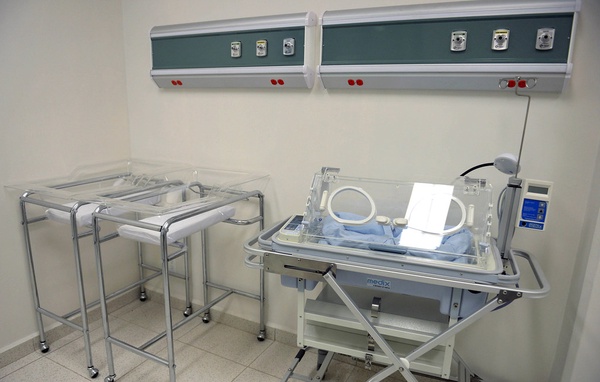It is no secret that Quebec’s healthcare system is under attack.
Now, faced with record-high COVID-19 case numbers and a nationwide shortage of healthcare workers, it seems that all provinces across Canada are struggling to stay afloat.
But Quebec has consistently made headlines for its novel approach to the pandemic. The province is the first and only in Canada to enforce a curfew, vaccine passports, and propose a vaccine tax. While these decisions are controversial and divisive in their own right, the province’s most recent announcement is the one that worries me the most—a proposal to reduce care standards in hospitals if the situation gets worse. This plan would see hospitals reduce the number of patient admissions and shorten the length of hospital stays, effectively shifting basic care responsibilities onto families and caregivers. Not only does this feel like a violation of the Hippocratic Oath, but it’s a reflection of how poorly structured Quebec’s healthcare system is. If even after all these previous measures and restrictions the only way to keep hospitals afloat is to deliberately lower our standard of care, something must be going wrong.
It’s worth noting that the problems plaguing Quebec hospitals aren’t unique to the province. In fact, accounts dating back years of unbelievably long emergency room wait times can be found online, and the length of these visits only seems to be getting longer with time. Outside of the hospital, finding a general practitioner can take years, leaving many families in the dark. Instead, they’re encouraged to take their medical concerns to a nearby walk-in clinic or local community service center (CLSCs). Both offer a limited range of services, and, after their own excruciatingly long wait time, will often just redirect you back to the hospital emergency room, which seems to be rendered the province’s primary point of care. And these are only the problems plaguing the relatively privileged general public. Minority groups, especially indigenous people, face further restrictions and inequities that deny them any proper treatment. Quebec’s healthcare system has always been under strain and poorly constructed—it just took a pandemic for these problems to become apparent.
Quebec’s healthcare system has always been under strain and poorly constructed—it just took a pandemic for these problems to become apparent.
The solution is to restructure Quebec’s healthcare system entirely. Beyond hiring more medical staff and giving them proper access to protective equipment, I’m talking about updating computer systems, offering a wider variety of services at CLSCs, revisiting the permit system that limits the number of doctors that can work in a certain area, and so much more. I understand this is easier said than done, but an effort has to be made at the very least. It seems like before the pandemic, the last time Quebec attempted to completely overhaul its healthcare system was in 2014, when the Couillard government tried to reduce the number of health and social services centers from 182 to 30 at most, in an attempt to save $220 million a year.
Why are we so reluctant to update and restructure a system that directly affects people’s well-being?
To me, it just seems like attention is being placed elsewhere. A look at the CAQ’s 2018 campaign promises shows exactly where their priorities lie: cutting immigration, tax cuts, increasing secularism, and interestingly enough, privatizing healthcare. It’s as if the government couldn’t even be bothered to try to improve our healthcare infrastructure, and instead defaulted to having us pay out of pocket for our own private treatments––a solution that further ostracizes our most vulnerable groups. In an ideal world, a socialized healthcare system shouldn’t have to rely on privatization. It is only now, as a direct result of COVID-19, that money has started pouring into the healthcare sector. In March 2021, the province had already spent nearly $12 billion in efforts to combat the virus. But why does it take a devastating pandemic for the government to invest in our health? We should have been proactive rather than reactive, investing in our public systems rather than throwing money at them once they start to crumble. Just like many of our COVID-19 restrictions, which are lifted too early and implemented when it’s too late, our hospitals and clinics will never get the support they need if the economy is prioritized before people’s well-being.
But why does it take a devastating pandemic for the government to invest in our health? We should have been proactive rather than reactive, investing in our public systems rather than throwing money at them once they start to crumble.
For socialized healthcare to work, the government needs to care about its people. It doesn’t work if they decide protecting the francophone culture is more important than protecting doctors and nurses from a very transmissible and deadly virus, or if they’d rather fund never-ending construction projects than update an old and complicated hospital system. While I understand that funding and attention have to go towards other equally necessary sectors, healthcare should have always been at the top of the priority list, as it is serving the most basic needs of people.
Despite all of this, I’m still thankful for my access to free healthcare. I believe that healthcare is a constantly changing field; one that requires constant revision to ensure the needs of the community are being met. I just wish the Quebec government thought the same.








